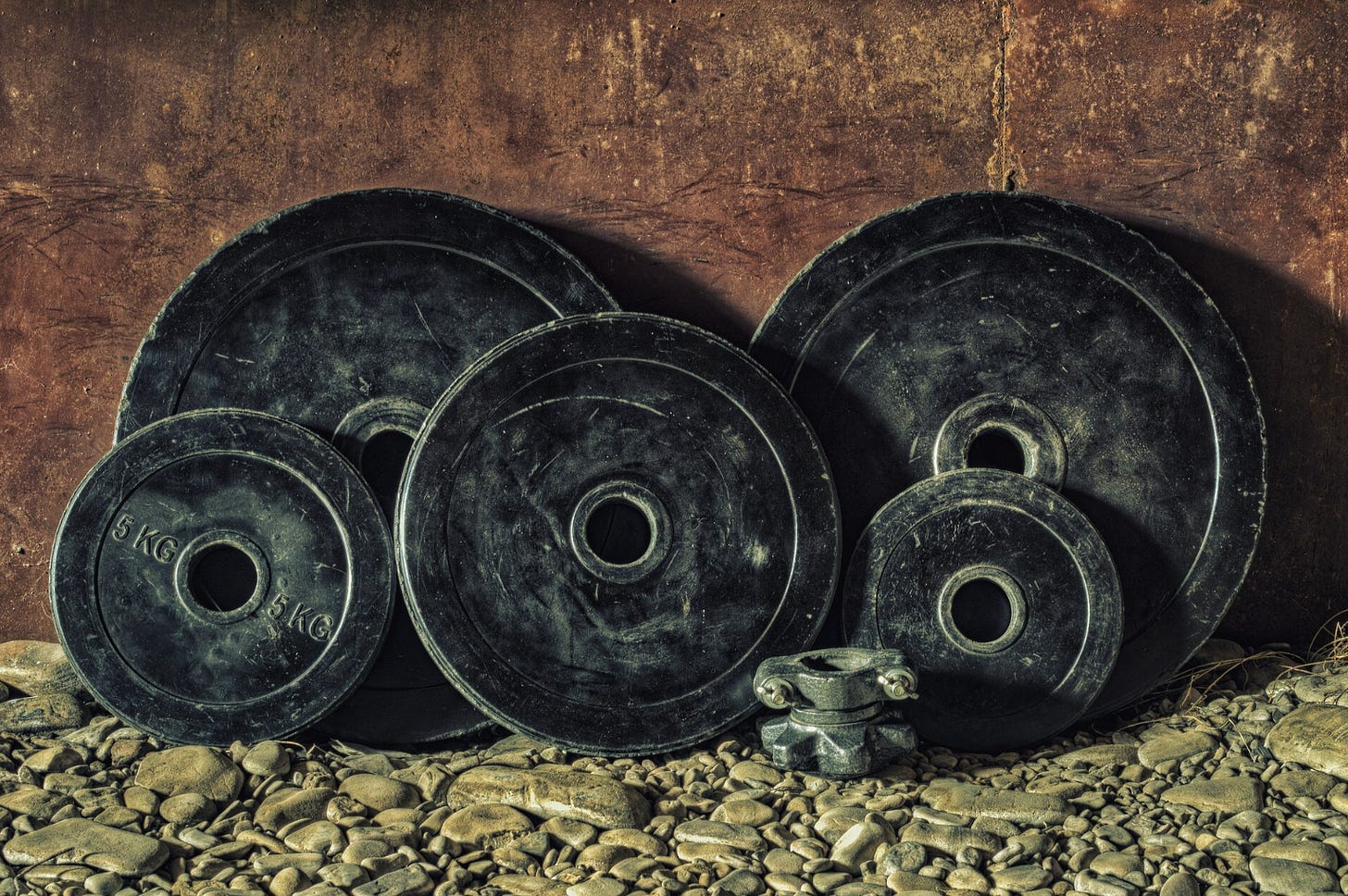The War on Winning
The Decline of Sports in America
It might surprise students to know that one of the greatest predictors of their own participation in sports today might have nothing to do with their genetics or their athletic ability, but something else entirely: the politics of their parents.
America’s relationship with football, the nation’s longstanding premier high school boy’s sport, perfectly illustrates the growing division among American households concerning athletics. In December, The Washington Post reported that high school students, in states that voted for Donald Trump, play football a rate roughly 1.5 times as high as those students in states that voted for Joe Biden. Their national polling further showed that liberals are “increasingly more likely to discourage children from playing football,” while conservative parents remain largely unchanged in their beliefs.
While football still ranks as America’s favorite sport, a growing number of Americans believe it is too aggressive for their modern taste. A Siena College/St. Bonaventure survey found that 27 percent of Americans believe football is “too violent” and 37 percent believe it is “too dangerous” for young people to play.
Given the war on masculinity within our culture, especially from progressive institutions, it is not surprising that sports of aggression have gone out of favor with certain segments of our population.
Participation in youth sports has been declining in America for decades now.
According to a study from the Sports & Fitness Industry Association (SFIA), only 37.4 percent of American kids regularly played team sports in 2022, amounting to roughly 1.2 million fewer children playing sports when compared to 2019 numbers. More than 90 percent of American children play video games, with 99 percent of teen boys playing, according to Gallup. Thus, American children are more than twice as likely to play video games as they are to play team sports.
The long-term benefits to children from sports, both in terms of physical and mental health, is widely known. However, research indicates that participation can also lead to benefits later in life in areas that have nothing to do with athletics. For example, studies show that former high school athletes go on to make more money than their non-athlete peers, by as much as 15 percent. The research also indicates that the correlation between athletics and future wages does not appear to be statistically relevant for any other extra-curricular activity in school.
Plus, athletics have been a driving force in creating an American culture that arms individuals with grit and prepares them for achievement. While our society may not have the great frontier left to pioneer like in previous generations, modern Americans have looked to sport to build character, to develop our mental toughness, and to pursue the impossible.
Many today want to remove this important part of our culture. However, without athletics, I believe we are left with a weaker society – in terms of both mental strength and physical aptitude. For example, our declining physical health as a nation is already impacting our military readiness. Obesity rates for active duty personnel have doubled over the past decade. In a world that is growing more threatening by the day, our country is becoming less and less capable of defending itself.
Yet, despite all the positive influences of athletics and the dangers of its removal from American life, we live in a culture that seems determined to either change the social nature of sports or to undermine Americans’ support for competition. For instance, some today advocate for gutting competitiveness in youth sports, by removing score keeping for various ages of participants. Furthermore, the mainstream media encourages sports stars to focus on activism rather than athletics – unless, of course, the Left disagrees with their position. And probably most notably today, sports have been infused at almost every level with the unnecessary introduction of radical gender politics, that thankfully, most Americans still reject.
Athletics today illustrate what happens when citizens ignore the slow regression of cultural norms. Despite what you hear about polarization, many modern Americans wear their political independence as a badge of honor. They often proudly boast about their lack of ideological bias, as if they are then placed in a higher status of citizenry for not being entangled by political philosophy.
Sadly, they fail to understand that ideology is fundamentally based on ideas, and there has never been a time when ideas are dividing our culture with such precision. As citizens we either have the choice to let our culture and our way of life be shaped by the ideas of others, or we can help shape them ourselves. That decision is binary, and we make it daily, whether we know it or not.
Some might allege that my thoughts about athletics are simply biased, due to my positive experiences as a former athlete in high school and college. However, I can assure you that I rarely think about my successes in sports; I often reflect on my failures.
Sports taught me much about hard work, mental toughness, dealing with defeat, and ultimately, working with teammates and others who don’t always behave in ideal ways. While I did experience more success than most, my numerous failures collectively taught me humility, helped me mature as a man, and grounded me as a human being. In a society where few people are challenged on a day-to-day basis in any manner, I would hate to see the removal of sports and the important lessons that only athletics can provide to our next generation.



